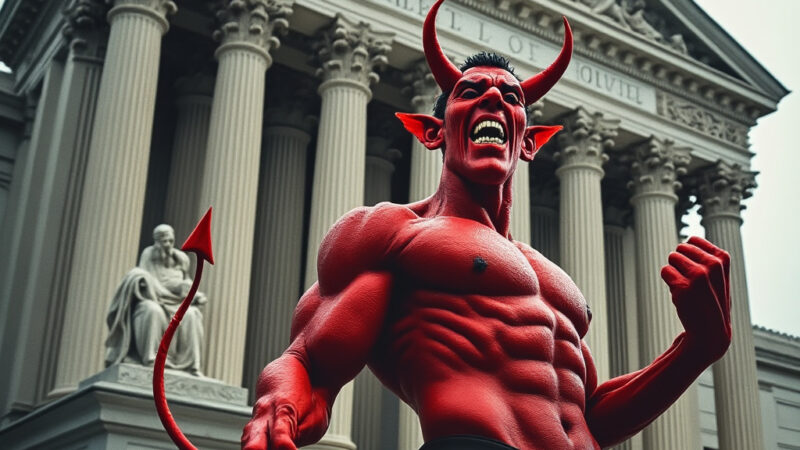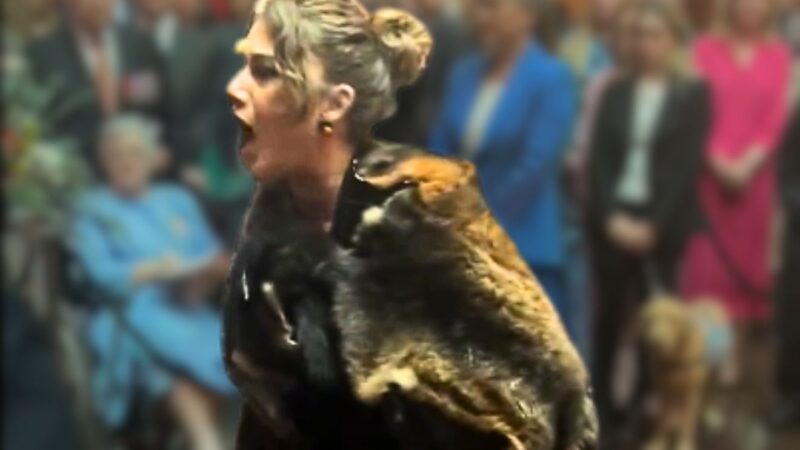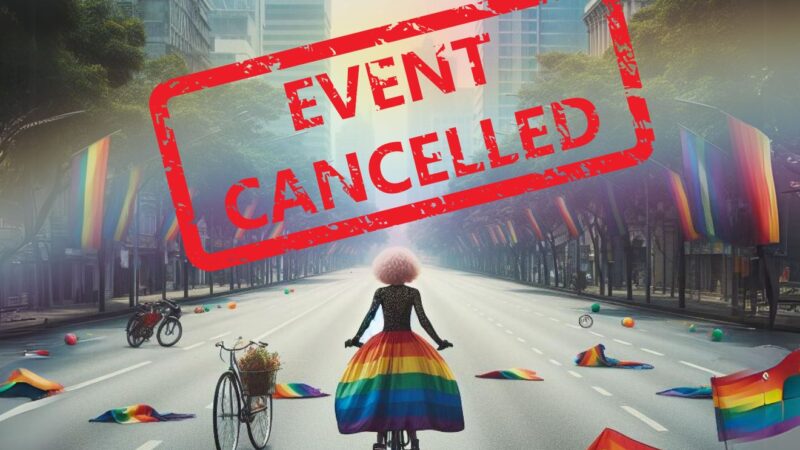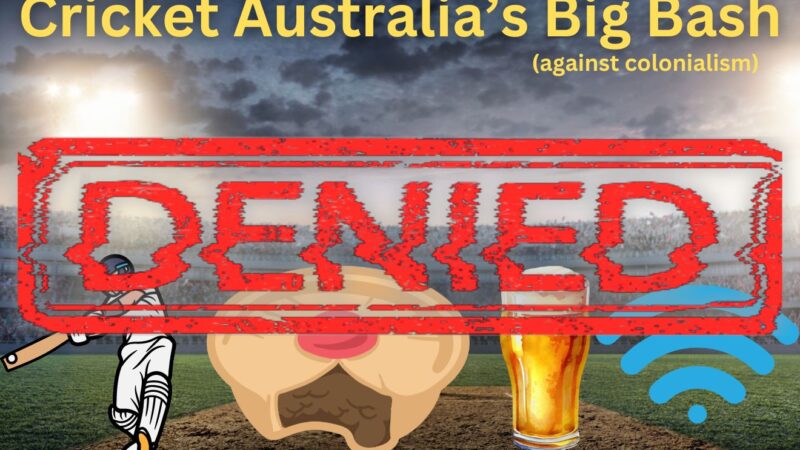Australia Facing Shortage of Eligible Single Aboriginal Women
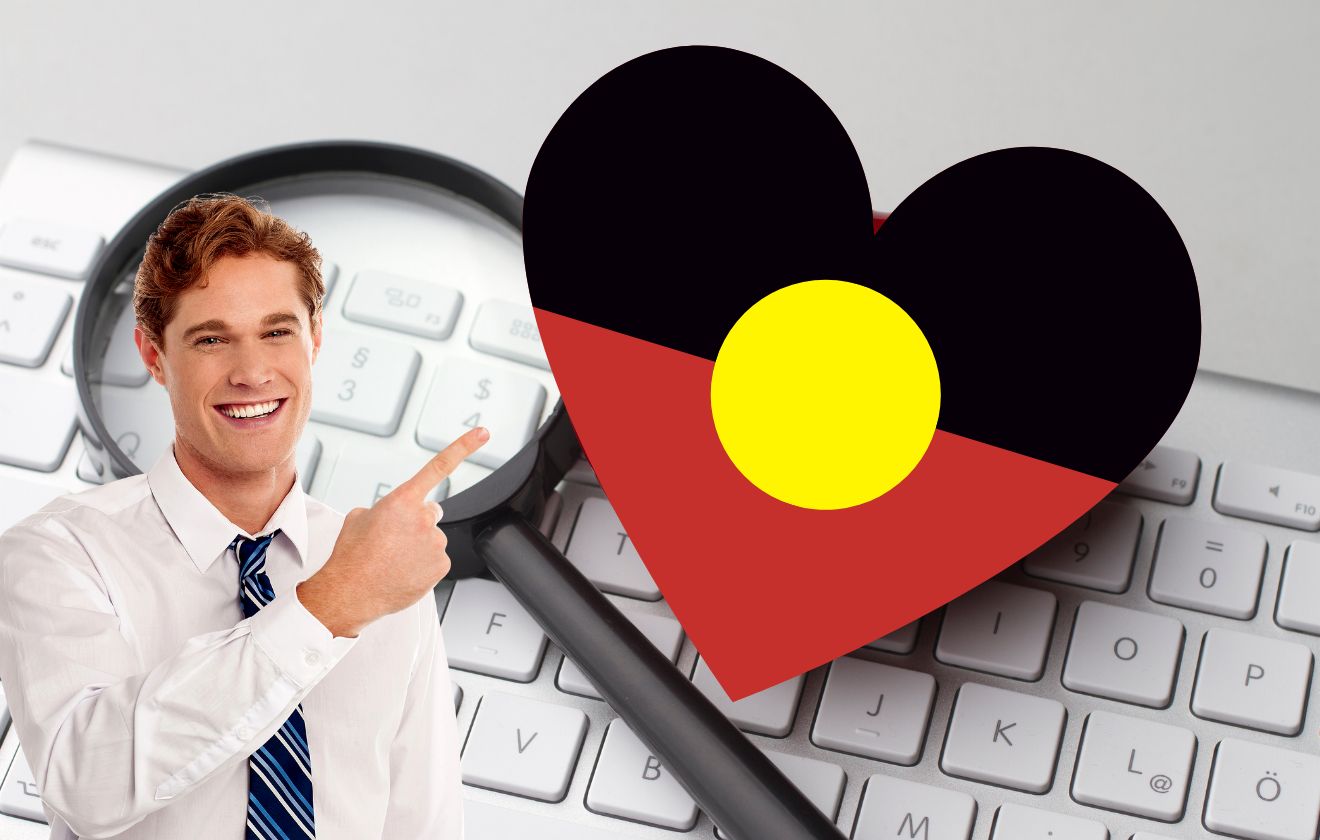
AUSTRALIA – In an unexpected consequence of Prime Minister Albanese’s desire to see the Uluru statement fulfilled, Australian families across the country are scrambling to find eligible young Aboriginal women to add to their family trees. The frenzy has been sparked by fears that the “voice to parliament” referendum, scheduled later this year, might pass, prompting a rush to secure indigenous DNA within their lineages.
The sudden surge in demand for Aboriginal women has left the country’s matchmaking agencies overwhelmed. Officials report being bombarded with inquiries from parents, grandparents, and desperate singles, all eager to inject a dose of diversity into their gene pools, just in case. The trend has been affectionately dubbed the “Referendum Rush” or by others the “DNA Dash.”
As this improbable situation unfolds, desperate families are turning to various means to secure an indigenous connection. Local dating apps have been inundated with profiles showcasing interests in indigenous culture, dreamtime stories, and a deep appreciation for didgeridoo music. One user even proclaimed, “Swipe right if you’re a strong, empowered Aboriginal woman who wants to welcome me into her country, if you know what I mean <wink>”
Some more enterprising individuals have taken a more direct approach by attending cultural events, such as art exhibitions and smoking ceremonies, hoping to encounter potential partners or distant cousins. Even the notoriously private remote Aboriginal communities are reportedly puzzled by the sudden influx of non-indigenous visitors, bearing gifts of Vegemite and slabs of VB.
Critics of the “Referendum Rush” argue that it reduces the rich cultural heritage of Aboriginal Australians to mere genetic material to be acquired. However, proponents counter that it is a harmless attempt to ensure a diverse representation in the family tree, akin to collecting trading cards or stamps. “We’re just embracing our First Nations people,” insisted one enthusiast, surrounded by family photos featuring newly adopted Aboriginal relatives. “It’s like a living mosaic of our heritage.”
The potential outcome of the referendum has ignited a renewed interest in Australia’s indigenous culture among non-indigenous citizens. Suddenly, outback camping trips and bush tucker workshops have become the hottest trends, with a boom in the sales of boomerangs and didgeridoos. Hipsters are reportedly trading their soy lattes for wattleseed-infused beverages and sporting Aboriginal-inspired tattoos as a sign of their newfound cultural appreciation.
While some voices have expressed concern over the commodification and superficiality of this newfound fascination, proponents argue that any interest, however misguided, could lead to a broader understanding of Aboriginal culture. “If this leads to people genuinely appreciating our heritage and supporting our communities, then maybe some good can come out of this bizarre referendum-induced matchmaking frenzy,” mused a prominent indigenous spokesperson.
Only time will tell if the “Referendum Rush” will ultimately result in lasting change or if it will fade away as a curious chapter in Australia’s history. In the meantime, families across the country will continue their quest for the elusive eligible Aboriginal women, hoping to add a touch of diversity to their family lineages before the referendum ballot boxes are checked.

